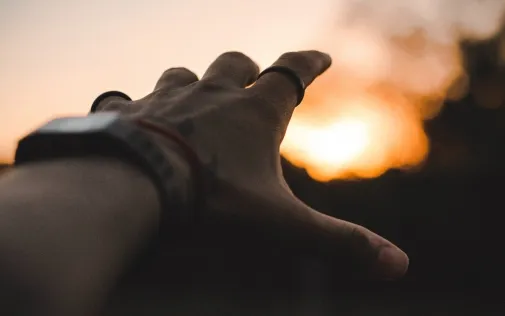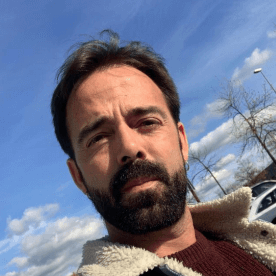
Volunteering in prison is a relational commitment of equality. It is a space to bring dignity into a meeting between two people who are exercising their right to decide, freely.
Volunteering and social initiative are by now a consolidated movement to build dialogue between different social realities, especially for people who are at risk and the excluded. In the case of prisons, this movement becomes even more relevant, as people who are deprived of liberty lose their connection with the community and are isolated from the most important affective bonds.
If we stop to think for a moment, it is precisely through these bonds that people develop, we are defined by them and find a sense in life. People who are deprived of liberty lose these bonds, also even the closest ones. If to this loss of relationships we add that we are living in especially aggressive social times because of the speed of information, the growing individualism and the gradual deterioration of the sense of community, we are left with a situation that the administration cannot deal with alone.
And this is where volunteering initiatives of social action gain a special relevance, not only because of the task they carry out, but also because of the experience gained by volunteers.
A volunteer, as the very name indicates, is voluntary. They use their time to give to others. They take their car and go to the prison. They invest 30 minutes to make their way through the security checks until the reach the module (and another 30 minutes to make their way back out) and stand in front of a group of penitentiaries and develop their activity, because they want to; they are not obliged to do this. The inmates leave their cell and join the group facing the volunteer, also because they want to. Nobody forces them; they won’t earn kudos. Therefore, it is a relational commitment of equality. It is a space to bring dignity into a meeting between two people who are exercising their right to decide, freely.
It may seem I’m stating the obvious but it is not. The power behind a space with dignity fosters a look full of love, “I care about you, that’s why I’m here”. “Let’s build something together”, “You and I are also part of society”. And it is in this small seed where the most important social and political movement takes place. It’s magic! It is here where, even if only for a short time, there are not barriers, labels or stigmatized roles; it is here where a true and committed meeting can take place; a necessary sense of belonging and the feeling that the world is a trustworthy place to live in.



Add new comment